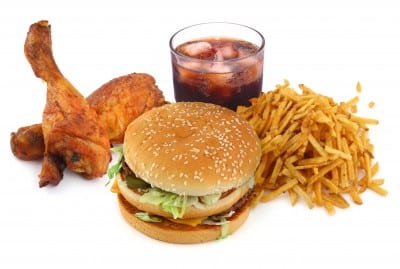
High-fat diets have been suspected of a higher risk of stillbirth for a long time, but until now, it was not understood why or how it happens. To help them learn how high-fat diets affect pregnancy, researchers observed Japanese macaques, which have a placenta structure that is similar to humans.
During observations, researchers found that a high-fat, high-calorie diet actually restricted blood flow to the placenta, often causing placenta inflammation. This is the temporary organ that is responsible for nourishing the infant while in utero. This blood flow restriction means that fewer nutrients transfer from the mother to the growing fetus. Inflammation of the placenta was also found to increase risk of stillbirth.
Placenta inflammation was found in all monkeys that consumed a high fat diet. However, the risk was even further elevated in monkeys that were already obese or had insulin problems.
Stillbirths, however, were not the only pregnancy problem that was linked to a high fat diet. Previous studies had already linked placenta damage to other types of pregnancy problems, including pre-eclampsia, abnormal fetal growth, and preterm labor. As a result, researchers concluded that the damage caused to the placenta while eating a high fat, high calorie diet, increased the risk for all types of pregnancy problems and complications.
Researchers indicated that more studies needed to be performed to determine exactly how the high fat diet actually reduces the blood flow to the placenta. They also stated that they will need to do more studies and testing to determine how dietary changes will affect the overall outcome. What they do want to express to women, at this time, is that a high fat diet does put them at higher risk for stillbirth as well as many other common pregnancy complications.
- Weight Changes After Pregnancy Affect Diabetes Risk During Subsequent Pregnancies
- Developmental Risks Possible even in Late Preterm Babies
- Study: Early Prenatal Vitamin Use May Prevent Autism







